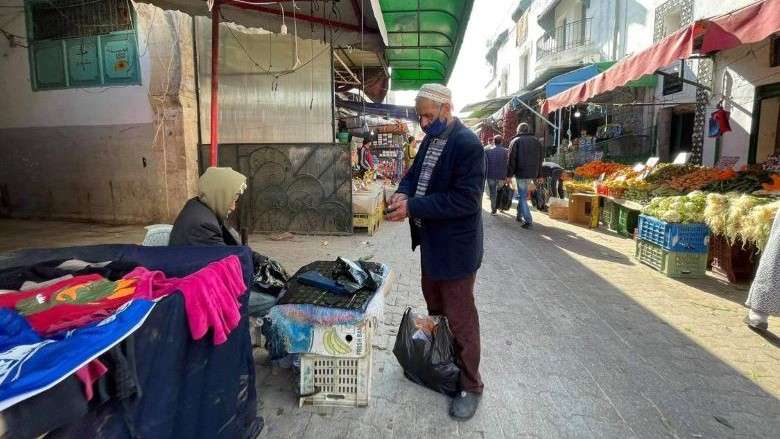Tunisia’s consumer spending growth is expected to remain subdued over the course of the year, with real household spending reaching 3.2 per cent in 2022, a decline from 3.6 per cent for 2021, according to Fitch Solutions.
Due to the Covid-19 pandemic and subsequent lockdown measures in 2020, real household spending contracted by a historic 9.8 per cent over 2020.
As a result, Fitch believes the recovery of Tunisia’s consumer and retail sector will be protracted by international standards, with the size of total household spending (in 2022) remaining 3.6 per cent lower compared to the pre-pandemic environment (2019).
“Our view that household spending growth will remain subdued over 2022 is in part driven by relatively stringent Covid-19 curbs, which we expect to remain in place for much of Q1 2022.”
Fitch
Confirmed cases of the Covid-19 pandemic rose rapidly in January 2022, as the Omicron variant spread across the country. This led the government to impose restrictions including a nationwide curfew and a ban on all gathering and events.

“We believe that these restrictions will weigh on consumer demand and suppress consumer confidence over Q1 2022.”
Fitch
That said, Fitch expects most COVID-19 related restrictions to ease beyond the Omicron wave. Tunisia’s vaccination drive is well underway, with 52.7 per cent of the population having been fully immunised against Covid-19 as of February 12, 2022, with this number being in line with the global average. In addition, Tunisia started its booster campaign in Q4 2021.
Weak Tourism and High Unemployment
Following these results, the case of fatality rate of Covid-19 is starting to edge lower in Tunisia. Despite confirmed cases reaching a new peak in January 2022, confirmed deaths remain relatively low. “As such, we believe that the government will keep restrictions relatively loose beyond Q1 2022, which will support household spending growth,” Fitch said.
Furthermore, with the relatively weak recovery of international tourism, “we expect unemployment in Tunisia to remain elevated over 2022”. Historically, the tourism sector has been key for employment in the country, with many businesses, including those operating within retail and food services, being dependent on international tourists for steady revenue flows.
Throughout 2021, the rate of unemployment trended upwards amid a weak economic rebound. In spite of this trend, Fitch expects unemployment figures to come down somewhat over 2022 and average 16.9 per cent (of the total labour force), compared to 19.0 per cent in 2021.
Nonetheless, unemployment will still remain above pre-pandemic levels of around 15.0 per cent, Fitch said. This dynamic will continue to weigh on purchasing power of Tunisian households over 2022.
Likewise, fiscal consolidation will also prevent consumer spending from making a more pronounced recovery over 2022. Fitch’s Country Risk team expects that Tunisia will agree to a new financing arrangement with the IMF in 2022 in order to stabilize its fiscal and external positions.
This move is likely to require cuts to the public-sector wage bill and subsidies, as well as an increase in tax revenue, as part of loan conditionality. This, alongside the expiration of tax relief measures introduced during the pandemic, will further contain household spending in 2022, Fitch asserted.
READ ALSO: GSE Market Capitalisation Surpasses Last Year Values























